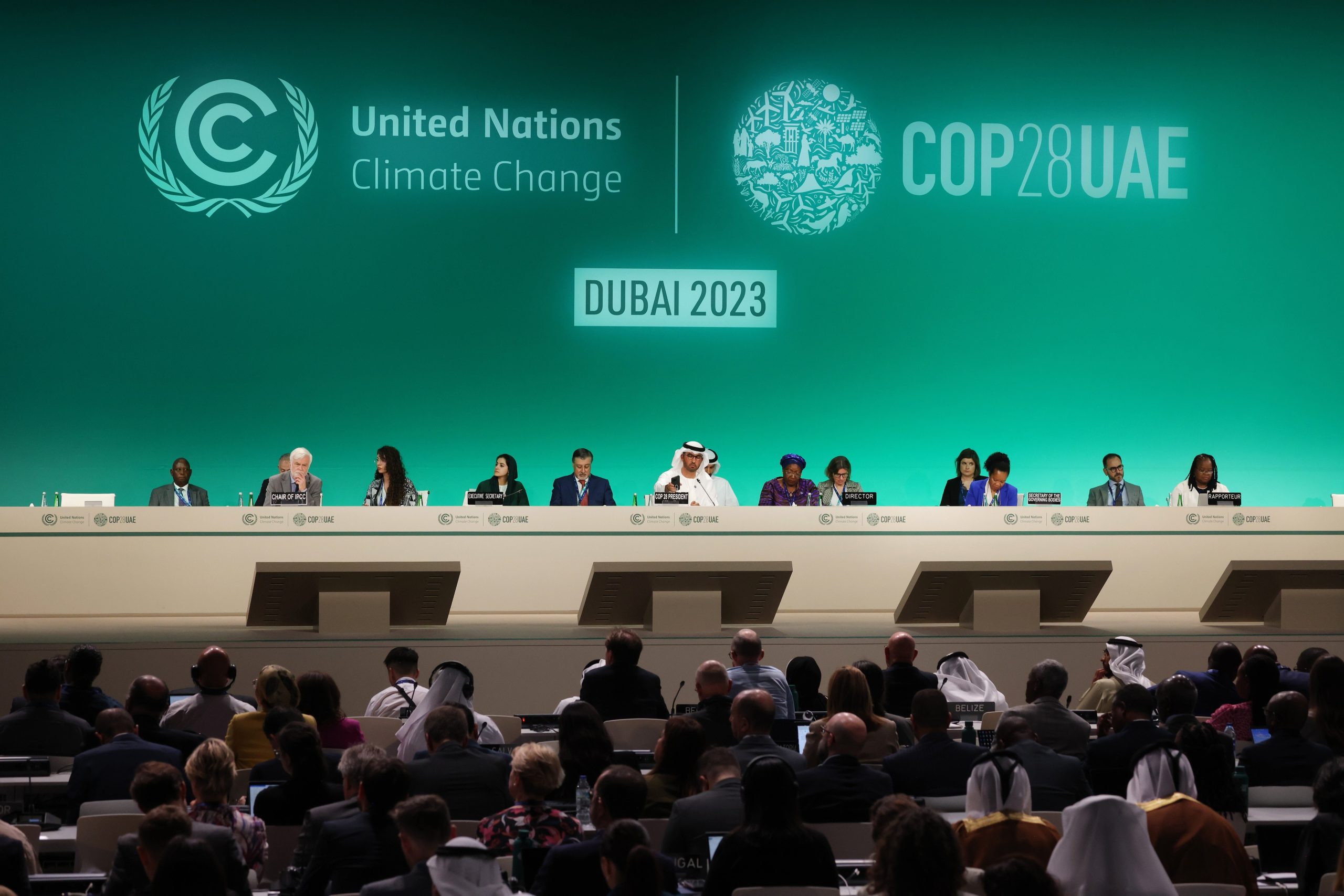The COP28 climate summit in Dubai concluded with a landmark agreement that marked a significant shift in global climate policy. For the first time in decades of U.N. climate talks, nearly 200 countries agreed to transition away from fossil fuels, aiming to achieve net-zero emissions by 2050. This historic decision calls for a move toward renewable energy sources and improved energy efficiency, signaling a major step forward in the global effort to combat climate change. (apnews.com)
The agreement, known as the UAE Consensus, explicitly mentions the necessity to shift away from all types of fossil fuels. However, it stops short of committing to a full phase-out, a point that has drawn criticism from environmental groups and some nations. Despite these concerns, the deal also includes a pledge to triple global renewable energy capacity by 2030 and to double annual improvements in energy efficiency. (axios.com)
The summit also addressed the issue of climate finance, with developed nations committing to mobilize $100 billion annually to support developing countries in their climate mitigation and adaptation efforts. This pledge aims to assist nations that are disproportionately affected by climate change, despite contributing the least to global emissions. (ft.com)
In addition to the UAE Consensus, the summit produced several other key outcomes. A “loss and damage” fund was established to compensate vulnerable nations for the adverse effects of climate change, with initial pledges totaling $430 million from countries including the United States, the United Kingdom, and Japan. Furthermore, a declaration to triple nuclear energy capacity by 2050 was launched, recognizing the role of nuclear power in achieving net-zero emissions. (en.wikipedia.org)
While the agreements reached at COP28 represent a significant advancement in global climate policy, the effectiveness of these commitments will depend on their implementation. The international community now faces the challenge of translating these pledges into concrete actions that will lead to substantial reductions in greenhouse gas emissions and mitigate the impacts of climate change worldwide.











Leave a comment